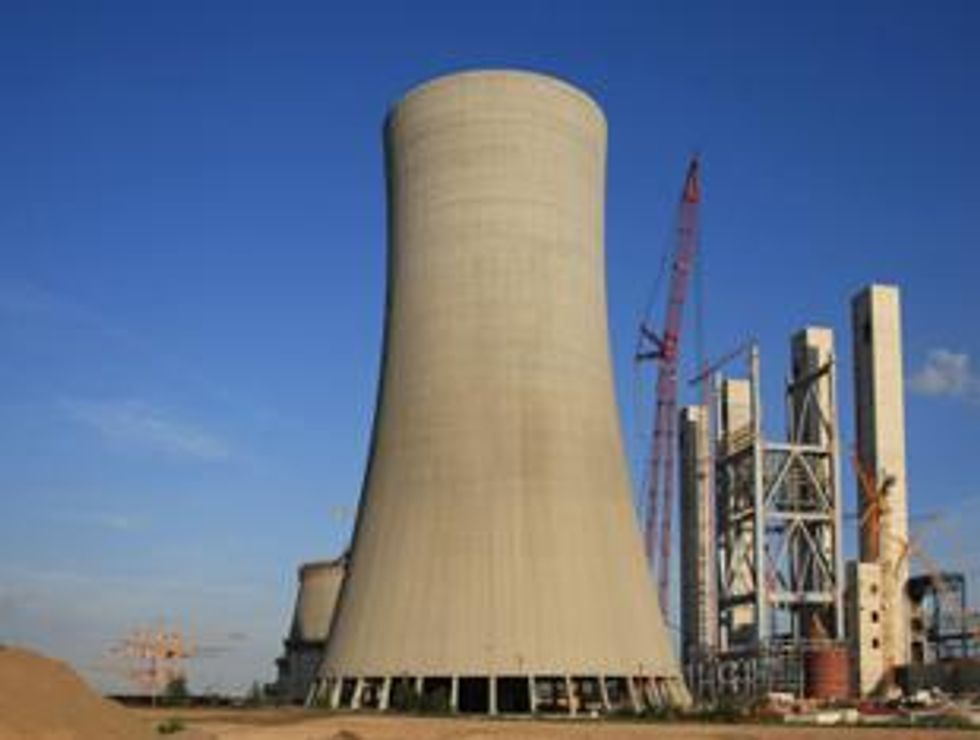With the recent increase in concern over the risk of nuclear power generation, many countries are questioning the future composition of their electricity sources.
By James Wellstead – Exclusive to Coal Investing News
With the recent increase in concern over the risk of nuclear power generation, many countries are questioning the future composition of their electricity sources. Some analysts and governments have noted that coal is well placed as the obvious substitute for nuclear to ensure the growing electricity demand faced by many nations. But despite recent concerns over nuclear, many energy experts are reluctant to write it off as a bygone energy source. Current market sentiment remains strong for thermal coal, but it would be premature to think that coal will eat the lunch of nuclear.Coal surges; nuclear (temporarily) recedes
The turmoil initiated by the fallout from the Japanese earthquake on its nuclear facilities has spread fear over the risk of plutonium and uranium energy production in many other countries. In Europe, Germany suspended seven of the country’s oldest nuclear reactors for a three-month safety review, requiring imports to make up the gap in electricity production, bolstering the price of coal. The impact in Germany has been to the reverse previous negative correlations of 0.6 percent between power prices for base load deliveries and coal futures into a positive correlation which has now steadily risen to above 95 percent. The US, Japan and China also gave a second thought to their future, with China temporarily halting its nuclear ambitions and carrying similar price impacts for energy costs.
These transitions in political attitudes in the short run can also be seen in the explosion of capital flowing into two of the three relatively new coal exchange traded funds (ETFs). The Market Vector’s (KOL) fund saw $US 254 million in the first quarter of 2011, up significantly over the $US 36 million invested in all of 2010, as did Powershares’ PKOL ETF, which more than doubled its cash flow in the first quarter to $15 million over $7 million in all of 2010.
However, many continue to see the threat of nuclear as less substantial in terms of the cumulative health and environmental impacts of coal powered electricity. Beyond environmental concerns, many arguments have also been put forward as to the economic – not environmental – reasons to pass on nuclear as a source of electricity. The free-market advocate think tank Cato Institute fellow’s Peter Van Doren and Jerry Taylor noted that in order for nuclear to be economically competitive, it would require a $US 150 carbon tax, something that seems highly unlikely in the current US political climate.
Economic arguments aside, what remains at issue for the current calls to transition away from nuclear is the political sentiment surrounding the risk of catastrophic events seen in Japan. As such, it is important to note that Germany is the only European country that has moved so strongly against a future in nuclear, suggesting it will run out its nuclear facilities by the early 2020s, a decade earlier than originally planned. The US has also given second thought to its use of nuclear, but consensus appears to suggest that nuclear is the preferred fuel over coal in the long run in terms of its impact on the climate.
Thus, while some analysts are placing coal to be the sole beneficiary of this event, in the long term, nuclear is not going anywhere. Scotiabank economist Patricia Mohr stated that the Japan event will delay, not end the nuclear renaissance experienced within many countries. While the actions of Germany, Japan and the US are very important for nuclear markets, the environmental impacts of coal remain a trenchant political concern. Instead, Mohr argues, attention must be paid to the industrializing nations like China, India, South Korea and Russia which are expected to add 105.2 GW of capacity – 66% of the world total prior to the incident. With these countries unlikely to budge on their path toward nuclear capacity expansion, increased demand over the long run will likely shore up the short transitions to coal undertaken in the face of the risk raised over the potential spectre of nuclear accidents as seen in Japan.
